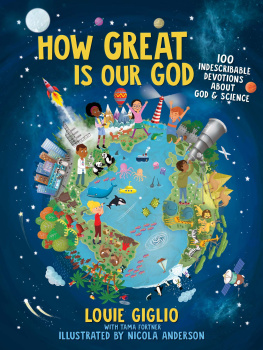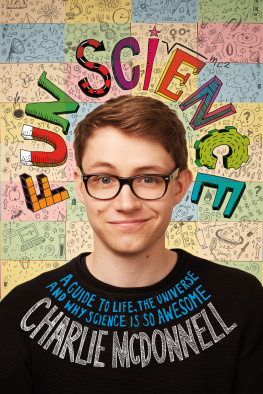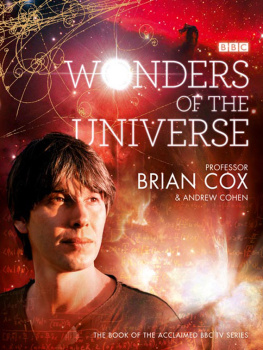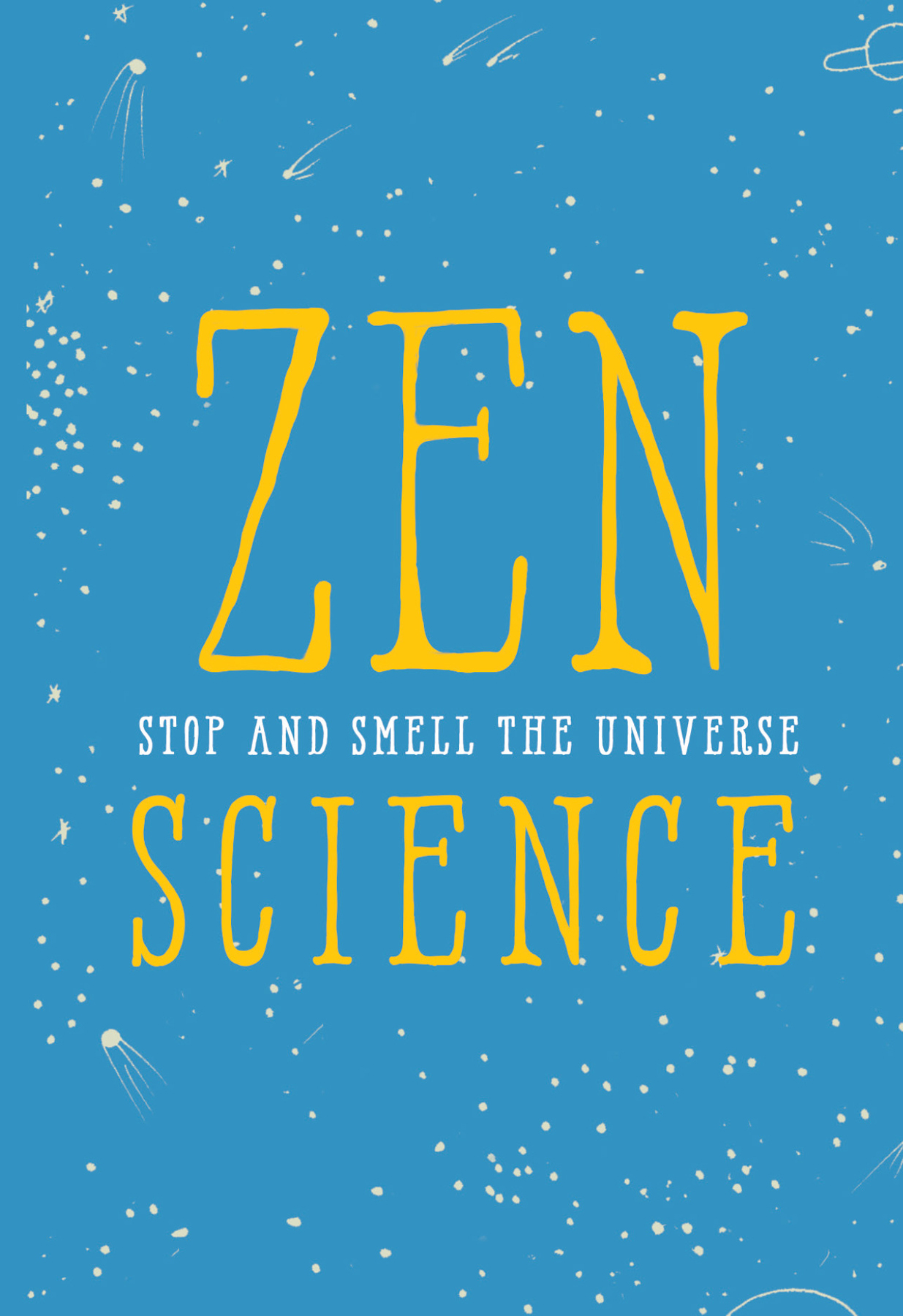Copyright 2018 by Javna Brothers LLC.
Hachette Book Group supports the right to free expression and the value of copyright. The purpose of copyright is to encourage writers and artists to produce the creative works that enrich our culture.
The scanning, uploading, and distribution of this book without permission is a theft of the authors intellectual property. If you would like permission to use material from the book (other than for review purposes), please contact permissions@hbgusa.com. Thank you for your support of the authors rights.
Running Press
Hachette Book Group
1290 Avenue of the Americas, New York, NY 10104
www.runningpress.com
@Running_Press
First Edition: February 2018
Published by Running Press, an imprint of Perseus Books, LLC, a subsidiary of Hachette Book Group, Inc. The Running Press name and logo is a trademark of the Hachette Book Group.
The Hachette Speakers Bureau provides a wide range of authors for speaking events. To find out more, go to www.hachettespeakersbureau.com or call (866) 376-6591.
The publisher is not responsible for websites (or their content) that are not owned by the publisher.
Illustrations copyright 2018 by Baily Watro
Library of Congress Control Number: 2017959770
ISBNs: 978-0-7624-6173-8 (hardcover), 978-0-7624-6174-5 (e-book)
E3-20181112-JV-PC-AMZ
The most beautiful thing we can experience is the mysterious.
Albert Einstein
This is a book of science facts that are also Zen meditations.
Theyre meant to be read one at a time, savored, and then used as tools to experience the paradox of who we are in the universehow were both big and small solitary and connected ephemeral and eternal. When you look in a mirror, feel your feet on the ground, gaze at a flower, or stare at the sky, we hope youll be able to retrieve these facts and use them to experience a sense of connection to all things; to see past the illusions of the material world and live more fully in the moment.
The true purpose of Zen is to see things as they are, to observe things as they are, and to let everything go as it goes.
Shunryu Suzuki, Zen master
There are a lot of numbers in this book, because quantifying things is a key part of science. But dont get hung up on the numbers. Weve tried to be accurate with them, but the truth is, theyre really a moving target. Years ago, for example, scientists estimated there were 200 billion galaxies in the universe; now they estimate two trillion. Thats a huge disparityso which is correct? We dont know and its reasonable to assume that the estimate will change again. But philosophically it really makes no difference. Either way, the point is to know that the universe is inconceivably vast and we are part of it. That applies to most of the information included here as well. The details may change, but the larger message is constant.
And by the way, dont be fooled by the casual way we use the terms millions, billions, and trillions. Most of us understand what a million is and then we sort of naturally think of billions as bigger and trillions as even bigger. But philosophically, we lose a lot with that kind of thinking. A million seconds is slightly more than eleven days. A billion seconds is about 32 years, and a trillion seconds is about 32,000 years. As one observer puts it: The difference between a billion and trillion is equivalent to the difference between your lifetime and the entirety of human history. To get the most out of this book, keep that sense of perspective.
At their hearts, Zen and science have this in common: illumination. We hope this material adds a little bit of wonder, joy, illumination, and fulfillment to your life.
We think of it as ours, but for 99.9994 percent of Earths existencevirtually all of itthere have been no human beings on the planet.
Scientists believe Earth formed some 4.6 billion years ago, and the first single-celled life-forms appeared about 800 million years later. The first dinosaurs appeared 230 million years ago, and they flourished for 160 million years before going extinct. Its estimated that our oldest primate ancestors appeared just seven million years ago, and that another million years passed before they began walking upright. It wasnt until about 200,000 years ago that our own species, Homo sapiens, appeared. So humans have been around less than one-hundredth of 1 percent of the 3.8 billion years that life has existed on Earth.
is still in the air.
When Cleopatra took her last breath, she exhaled around 100 sextillion air moleculesthats 100 followed by 21 zerosmostly carbon dioxide and nitrogen. So many were dispersed into the atmosphere that theyre still floating around everywhere.
Whats the result? Every time you inhale, according to experts, you take in at least one molecule that came from Cleopatras lungs, and Julius Caesars, and George Washingtons. In fact, its likely that with every breath you take in at least one molecule breathed by every one of your ancestors all the way back to the very first humans who started your family tree.
Theres more of you than you think.
Right now, your body contains an estimated two thousand trillion trillion oxygen atoms. Thats more than the total number of leaves in every forest on Earth.

If something feels hot, its actually getting cooler. If something feels cool, its actually getting warmer.
Heat naturally flows from a warm to a cold object, until they achieve a balance. An object feels warm because its losing heat to you; it feels cool because the heat from your body is flowing away from you.
Everything around you is moving all the time.
No matter how solid and stationary something seems, on an atomic level its always in motion. Your clothes, your chair, your cup of coffee, this bookeverything is movingand at incredible speeds.
How do we know theyre moving?
They have a temperature. In fact, thats what temperature is. When an objects atoms are moving fast, the object feels hot; when the atoms move slower, it feels colder.
Of course. But most of the cells in your body are not.
A human cell carries human DNA, which has the ability to make new people or parts of people. Yours has been passed on to you by your parents and to them by their parents and to them by their parents and so on. But scientists currently estimate that only about 40 percent of you is made up of these human cells. The rest of youabout 60 percentis bacteria, viruses, fungi, and single-celled organisms called archaea. Theyre not human. And theyre not technically you.
In fact, if you died right now, theyd still be living.
When you look at someone, most of what you see is already dead.
We are, says one observer, a living sack of water encased in dead cells, like a trees bark.
Pretty much every external part of you is dead: The hair on your body is dead. So are your fingernails and toenails. So are the outermost 1823 layers of your skin. Even the outer layer of your eyes is dead; your eyes are constantly regenerating it to keep your vision clear.










